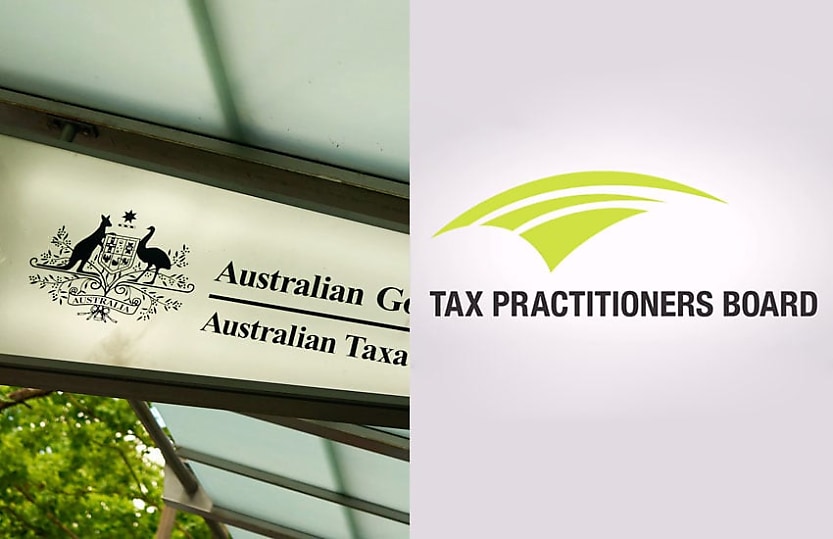TPB to set higher bar for top end of town with code changes

The TPB says it will adopt a pragmatic approach for smaller firms in response to the code changes while expecting a more sophisticated response from larger firms.
The Tax Practitioners Board has provided further details on how it will enforce the new obligations in Tax Agent Services (Code of Professional Conduct) Determination 2024, with many practitioners from smaller firms concerned about their ability to meet the new requirements.
Speaking in a recent webinar, TPB chair Peter de Cure assured practitioners that the TPB is unlikely to be closely scrutinizing minor issues associated with areas such as quality management systems unless the practitioner has demonstrated egregious conduct or very poor behaviour.
De Cure also emphasized that the TPB understood the difference between large and small firms.
“Our expectations in terms of sophistication of response is much higher at the top end of town and much more pragmatic at the bottom end of town,” he said.
“For a sole practitioner, when it comes to a quality management system, we don't need to see endless pages and manuals, what we need to see is that they've got an appropriate way of dealing with the risks that are involved in their practice, protecting people's information, making sure that there's a business continuity plan in case they're incapacitated and making sure that there's appropriate security over information.
“It’s not going to be anything too difficult and if you’ve got any issues, then get in touch with the TPB and please give us your constructive feedback on the draft guide.”
The chair also sought to assure practitioners that the TPB’s primarily be targeting practitioners that are demonstrating poor or egregious behaviour rather than the tax and BAS agent population as a whole.
“I really want to stress to practitioners that once these provisions are in place and applicable, we’re not going to be running out and knocking on your door and trying to investigate whether you’re complying with every one of these particular things,” said de Cure.
De Cure said the TPB receives referrals from the ATO and complaints from the public about poor behavior from some tax agents.
“When we get those complaints or referrals, we go through a triaging process. We have a look of the seriousness of them, we have a look at the evidence and have a look at the general circumstances,” he said.
“If we think there’s a real matter that we need to follow through on, then we might go through an investigation. The investigation will concentrate on really poor behavior – has the agent been stealing money from clients, have they been promoting tax schemes or have they just been really incompetent in their own work in terms of claiming deductions or missing income.
“These are the types of matters that are really the substance of poor behaviour.”
However, De Cure said that once the TPB has assessed the behaviour of the practitioner, it may also look at how they conduct their practice.
“So, if you’re not competent, you’re not keeping up with your PI insurance, you’re not doing your CPE, if you haven’t got a quality management system in place and you haven’t disclosed perhaps deliberate false and misleading statements, it grows that bigger picture of poor behaviour,” he said.
“For the really poorly behaved or egregiously behaved practitioners, they’ll get serious sanctions.”
Where there is only a minor issue that the TPB has received a complaint or referral about, the TPB investigations team is likely to deal with that directly with the practitioner with a follow up letter or nothing.
“That’s how we’ll enforce these things, but its not as if on 1 January we’ll be sending inspectors out to look at your Quality Management System.”






